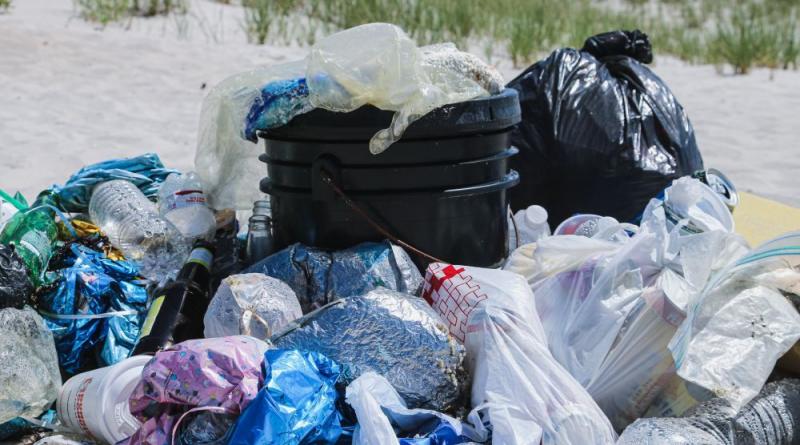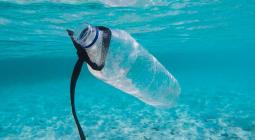Unilever sets out plan for a ‘waste-free world’.

Unilever has announced a new strategy to reach a ‘waste free world’.
The consumer goods company has confirmed that by 2025, it will halve its use of virgin plastics. They will do this by reducing its absolute use of plastic packaging by more than 100,000 tonnes and accelerating its use of recycled plastic.
The new target will mean that the company has to help collect and process 600,000 tonnes of plastic annually by 2025. This will be delivered through investment and partnerships which improve waste management infrastructure in many of the countries in which Unilever operates.
This commitment will make Unilever the first major global consumer goods company to commit to an absolute plastic reduction across its portfolio.
Alan Jope, Unilever CEO, said: “Plastic has its place, but that place is not in the environment. We can only eliminate plastic waste by acting fast and taking radical action at all points in the plastic cycle. Our starting point has to be design, reducing the amount of plastic we use, and then making sure that what we do use increasingly comes from recycled sources.”
As part of their ‘No plastic’ initiative, Unilever has brought to the market innovations including shampoo bars, refillable toothpaste tablets, cardboard deodorant sticks and bamboo toothbrushes.
However, Unilever’s plastic packaging footprint today is still around 700,000 tonnes annually. They are responsible for the plastic packaging of well-known brands such as Dove, Magnum and Hellman’s.
Environmentalists have long been calling for the reduction of plastic production created by big companies such as Unilever. This new target will be help the company to decrease the amount of plastic pollution they create and to encourage other big corporations to do the same.
Ellen MacArthur, Founder of the Ellen MacArthur Foundation, said: "Today’s announcement by Unilever is a significant step in creating a circular economy for plastic. We urge others to follow their lead, so collectively we can eliminate the plastic we don’t need, innovate, so what we do need is circulated, and ultimately build an economic system where plastic packaging never becomes waste."
15 October 2019
Climate Action




